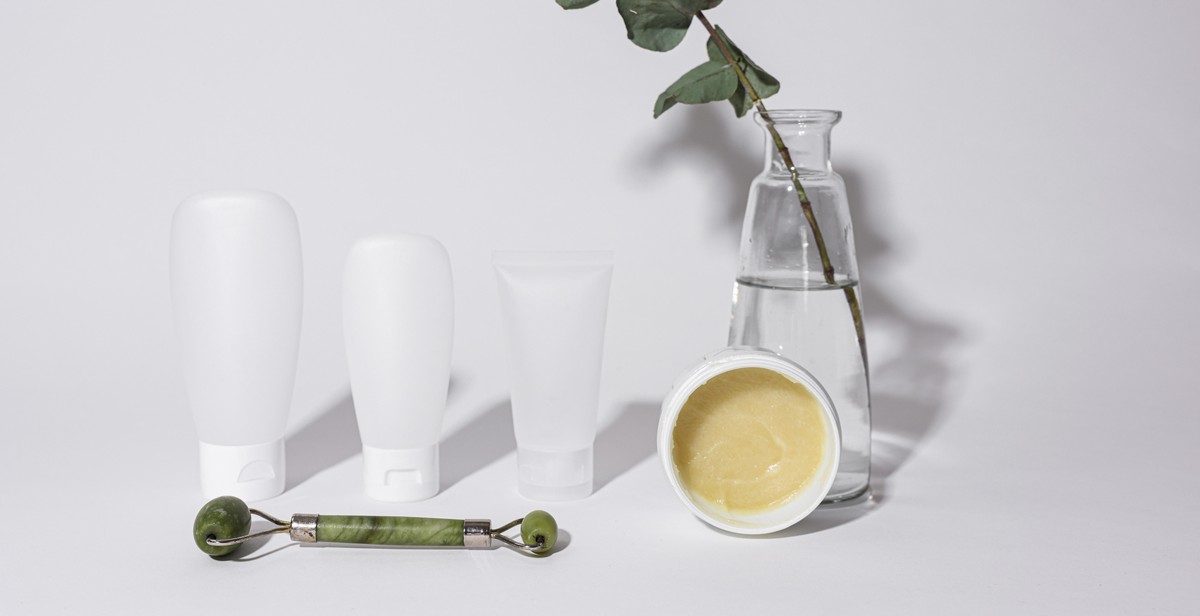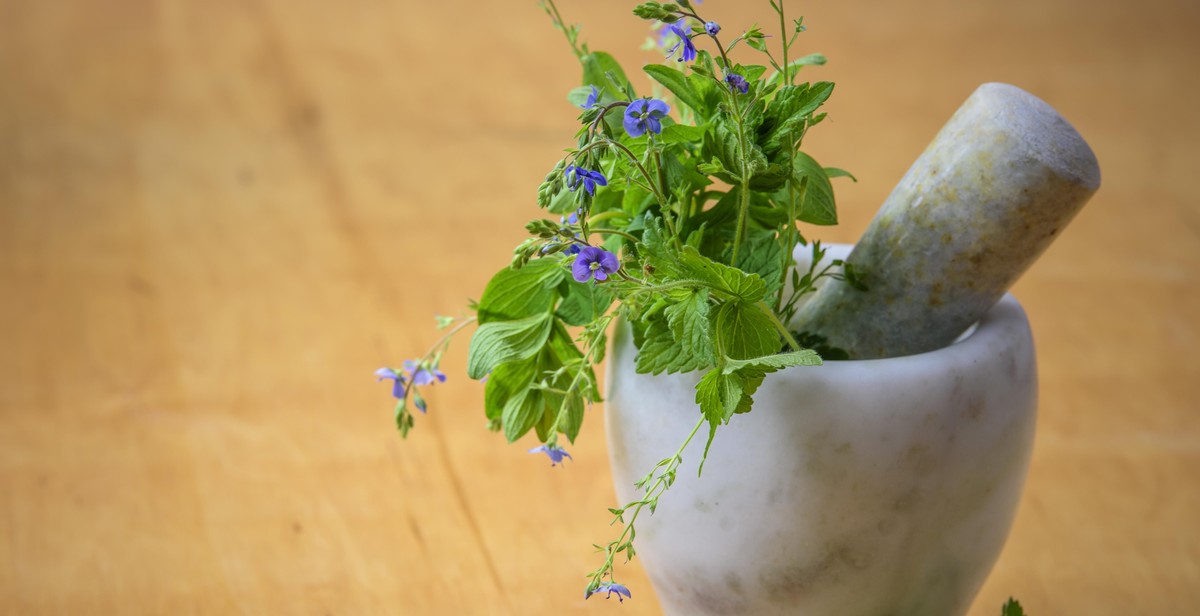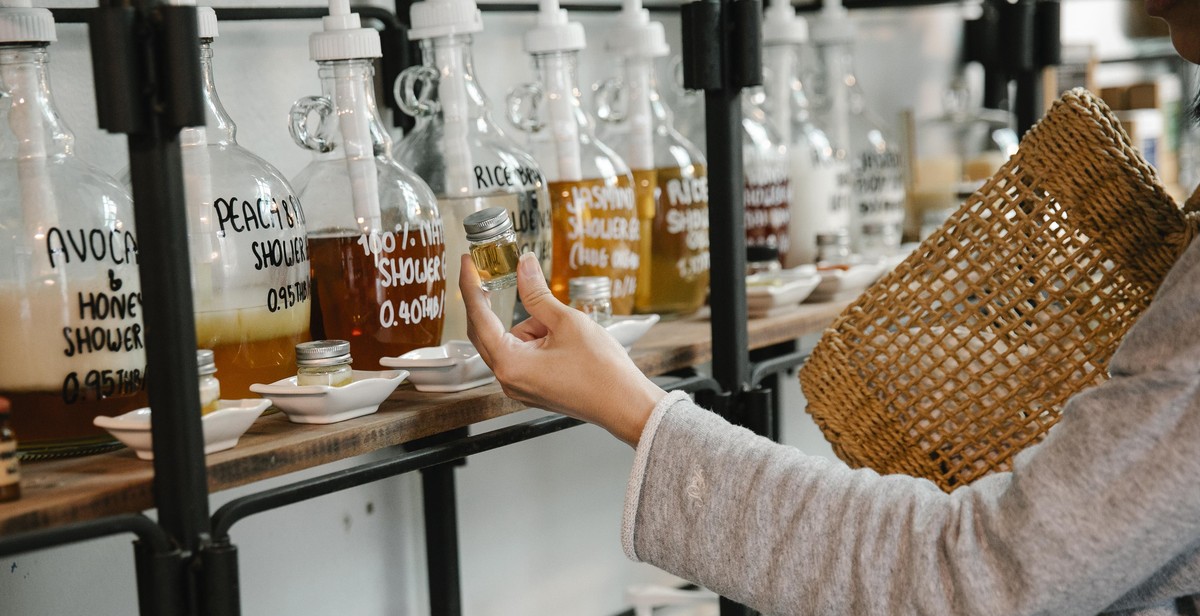Introduction: How to Make Your Own Natural Homemade Shampoo
Many commercial shampoos contain harsh chemicals, sulfates, and artificial fragrances that can strip your hair of its natural oils and cause damage over time. If you’re looking for a healthier alternative, making your own natural homemade shampoo is a great option.
Not only can you customize the ingredients to suit your hair type and preferences, but you can also save money in the process. Plus, making your own shampoo allows you to avoid harsh chemicals that can be harmful to both your hair and the environment.
In this article, we’ll go over the benefits of using natural ingredients in your shampoo and provide step-by-step instructions on how to make your own natural homemade shampoo. We’ll also cover some tips for storing and using your homemade shampoo, as well as some common ingredients you can use and their benefits.
The Benefits of Natural Homemade Shampoo
Using natural ingredients in your homemade shampoo has many benefits. For one, it can help you avoid harsh chemicals that can damage your hair and scalp. Natural ingredients are also often gentler and more nourishing, providing your hair with the nutrients it needs to stay healthy and strong.
Additionally, making your own shampoo allows you to customize the ingredients to suit your hair type and specific needs. For example, if you have dry hair, you can use ingredients like coconut oil or honey to add moisture. If you have oily hair, you can use ingredients like apple cider vinegar or tea tree oil to help balance oil production.
Overall, making your own natural homemade shampoo is a great way to take control of your hair care routine and ensure that you’re using safe, effective, and nourishing ingredients on your hair.

Why Make Your Own Shampoo?
If you’re like most people, you probably buy your shampoo from the store without giving it much thought. However, many commercial shampoos contain harmful chemicals that can damage your hair and scalp. Making your own shampoo is a great way to avoid these harmful ingredients and take control of your hair care routine.
Avoiding Harmful Chemicals
Many commercial shampoos contain ingredients like sulfates, parabens, and synthetic fragrances that can strip your hair of its natural oils and cause irritation to your scalp. These chemicals can also be harmful to your health, as they can be absorbed through your skin and into your bloodstream.
When you make your own shampoo, you have the power to choose the ingredients that go into it. You can use natural, organic ingredients that are gentle on your hair and scalp, and avoid the harmful chemicals found in many commercial shampoos.
Saving Money
Another great reason to make your own shampoo is that it can be a cost-effective alternative to buying expensive commercial products. Many natural ingredients that are great for your hair, such as coconut oil and honey, are also affordable and easy to find.
By making your own shampoo, you can save money and avoid the high price tags of many commercial products. Plus, you’ll have the satisfaction of knowing exactly what’s going into your hair care routine.
Customizing for Your Hair Type
Everyone’s hair is different, and finding the right shampoo can be a challenge. When you make your own shampoo, you can customize it to your specific hair type and needs. For example, if you have dry hair, you can add ingredients like avocado or argan oil to help moisturize and nourish your hair.
By customizing your shampoo, you can create a product that works best for your hair and gives you the results you want. Plus, you can experiment with different ingredients and find the perfect combination that works for you.
| Benefits of making your own shampoo: |
|

Ingredients You Will Need
Making your own natural homemade shampoo is easier than you think. With just a few simple ingredients, you can create a shampoo that is free from harsh chemicals and gentle on your hair. Here are the ingredients you will need:
1. Castile Soap
Castile soap is a gentle and natural soap that is made from vegetable oils. It is free from synthetic fragrances, preservatives, and other harsh chemicals that can strip your hair of its natural oils. Castile soap is available in liquid form and is the base of your homemade shampoo.
2. Carrier Oil
Carrier oils are used to dilute essential oils and are an excellent addition to your homemade shampoo. They help to moisturize and nourish your hair and scalp, leaving your hair feeling soft and healthy. Some popular carrier oils include sweet almond oil, jojoba oil, and coconut oil.
3. Essential Oils
Essential oils are natural plant extracts that are highly concentrated and have many benefits for your hair and scalp. They are used to add fragrance to your shampoo and to provide additional benefits such as promoting hair growth, reducing dandruff, and soothing an itchy scalp. Some popular essential oils for hair care include lavender, rosemary, and peppermint.
4. Aloe Vera Gel
Aloe vera gel is a natural moisturizer that is rich in vitamins and minerals. It helps to soothe and hydrate your hair and scalp, leaving your hair feeling soft and silky. Aloe vera gel is also great for reducing dandruff and promoting hair growth.
5. Apple Cider Vinegar
Apple cider vinegar is a natural cleanser that helps to remove buildup from your hair and scalp. It also helps to balance the pH level of your scalp, which can help to reduce dandruff and promote healthy hair growth. Apple cider vinegar is optional in your homemade shampoo but is a great addition for those with oily hair or a dry, itchy scalp.
6. Distilled Water
Distilled water is used to dilute your shampoo and to make it easier to apply to your hair. It is important to use distilled water instead of tap water, as tap water can contain minerals that can affect the pH level of your shampoo.
With these simple ingredients, you can create a natural homemade shampoo that is gentle on your hair and scalp. Experiment with different carrier oils and essential oils to find the perfect combination for your hair type and needs.

Recipes for Homemade Shampoo
Now that you know the benefits of using natural homemade shampoo, let’s dive into some recipes that you can try at home:
Basic Recipe
This recipe is perfect for those who want a simple and gentle shampoo that can be used on all hair types.
| Ingredients | Amount |
|---|---|
| Baking soda | 1 tablespoon |
| Water | 1 cup |
Instructions:
- Mix the baking soda and water in a small container.
- Apply the mixture to your hair and massage it into your scalp.
- Rinse thoroughly with warm water.
Dry Hair Recipe
If you have dry hair, this recipe will help to moisturize your hair and prevent breakage.
| Ingredients | Amount |
|---|---|
| Castile soap | 1/4 cup |
| Coconut milk | 1/4 cup |
| Olive oil | 1 tablespoon |
Instructions:
- Mix all the ingredients in a bowl.
- Apply the mixture to your hair and massage it into your scalp.
- Rinse thoroughly with warm water.
Oily Hair Recipe
If you have oily hair, this recipe will help to control the excess oil and leave your hair feeling clean and fresh.
| Ingredients | Amount |
|---|---|
| Apple cider vinegar | 1/4 cup |
| Water | 3/4 cup |
| Lemon juice | 1 tablespoon |
Instructions:
- Mix all the ingredients in a bowl.
- Apply the mixture to your hair and massage it into your scalp.
- Rinse thoroughly with warm water.
Dandruff Recipe
If you have dandruff, this recipe will help to soothe your scalp and reduce the flakes.
| Ingredients | Amount |
|---|---|
| Tea tree oil | 10 drops |
| Coconut oil | 1/4 cup |
| Aloe vera gel | 1/4 cup |
Instructions:
- Mix all the ingredients in a bowl.
- Apply the mixture to your hair and massage it into your scalp.
- Leave it on for 10-15 minutes, then rinse thoroughly with warm water.

Tips for Using Homemade Shampoo
If you have decided to make the switch from commercial shampoo to homemade shampoo, congratulations! You are taking a step towards using natural and chemical-free products on your hair. Here are some tips to help you get the most out of your homemade shampoo:
Transitioning from Commercial Shampoo
When you first start using homemade shampoo, your hair may need some time to adjust. This is especially true if you have been using commercial shampoo for a long time. Commercial shampoos usually contain harsh chemicals that strip your hair of its natural oils. Homemade shampoos are gentler and do not produce as much lather as commercial shampoos. It may take a few washes for your hair to get used to the new shampoo. Be patient and give it some time to adjust.
Storing Your Homemade Shampoo
Homemade shampoos do not contain preservatives, so they have a shorter shelf life than commercial shampoos. It is best to make small batches of shampoo and store them in airtight containers in a cool, dry place. You can also store your shampoo in the refrigerator to extend its shelf life. Before each use, give the shampoo a good shake to ensure that the ingredients are well mixed.
Additionally, it is important to label your homemade shampoo with the date it was made and the ingredients used. This will help you keep track of how long the shampoo has been stored and avoid using expired shampoo on your hair.
Conclusion
Using homemade shampoo can be a great way to take care of your hair and avoid harsh chemicals. With these tips, you can make the most out of your homemade shampoo and enjoy healthy, shiny hair.
